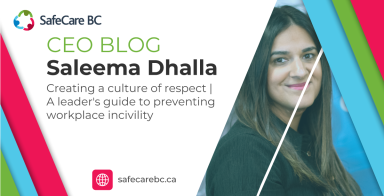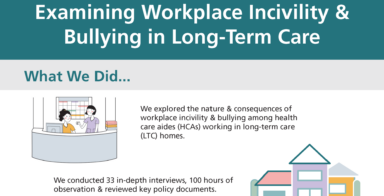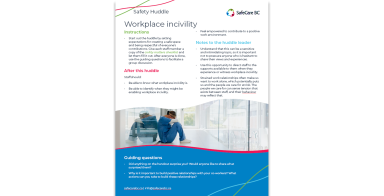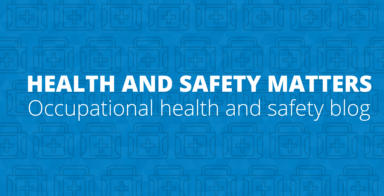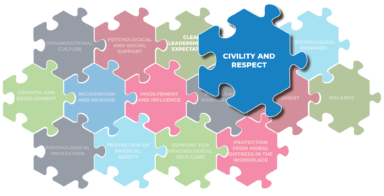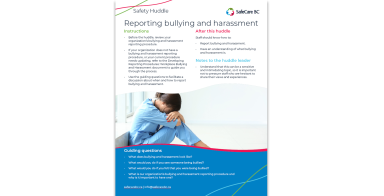Feeling the strain or workplace incivility? You're not alone, and we can help.
We know that you're passionate about providing exceptional care, dedicated to your residents and clients, and committed to your team. But let's be honest, some days the biggest challenge isn't the work itself, but the way we work together.
We’re talking about incivility – that all-too-common undercurrent of rudeness or disrespect that can make even the best days feel heavy. It’s the eye-rolling in a meeting, the gossip that spreads like wildfire, the feeling of being purposefully ignored, or that condescending tone that just grates on you. Sound familiar?
Because it's often subtle and indirect, mostly verbal, it can be tricky to pinpoint, let alone address. Before you know it, these behaviours can get baked into the workplace culture, becoming "just the way things are". This doesn't just affect the individuals involved; it sends ripples through the entire team, impacting morale and even the well-being of those who simply witness it. It's like a bad cold – contagious, spreading from one person to another and undermining the amazing teamwork that’s so crucial in when caring for others.
The truth is, while it might seem like "low-level" stuff, incivility chips away at everything. It strains collaboration, making it challenging to work together effectively. This can compromise the quality of care and even increase safety risks for staff. Additionally, it’s a significant drain, leading to decreased job satisfaction, reduced commitment to the organization, increased sick days, and valued colleagues leaving. And let's not forget the toll on our physical and psychological well-being, from anxiety and sleep problems to actual physical ailments.
Here’s the good news: you don’t have to just put up with it. We see the incredible work you’re doing, and we’re here to partner with you to foster workplaces where everyone feels valued, safe, and respected. A truly psychologically healthy and safe workplace isn't just about avoiding the bad stuff; it's about deliberately and consistently building up the good.
What you can do
- Recognize the critical role of leadership in setting the tone for workplace culture and eliminating incivility.
- Equip leaders with the skills to foster healthy team dynamics by providing access to relevant training and education.
- Model the respectful and professional behaviors you expect to see in others. Consistent leadership modeling reinforces positive norms.
- Maintain a visible leadership presence on the floor to observe team interactions, support positive relationships, intervene early when issues arise, and seek feedback from staff about how they experience respect at work.
- Set clear and consistent expectations for workplace conduct and hold all staff accountable to those standards.
- Create a safe environment for reporting incivility, bullying, and workplace violence by encouraging open communication, protecting those who speak up, and enforcing appropriate policies.
- Implement team-building initiatives that strengthen collaboration, communication, and trust among coworkers.
- Engage in self-reflection to assess whether your own behavior contributes to or helps resolve workplace incivility.
Ready to turn the tide on incivility? We’ve developed resources specifically designed to help leaders and frontline staff like you create a more positive and respectful work environment. Check out the resources in the carousel below. 👇
Creating a culture of civility isn't a one-time fix, it's an ongoing commitment. But with the right approach and shared effort, we can make a real difference – for ourselves, for our colleagues, and for the people we care for.










